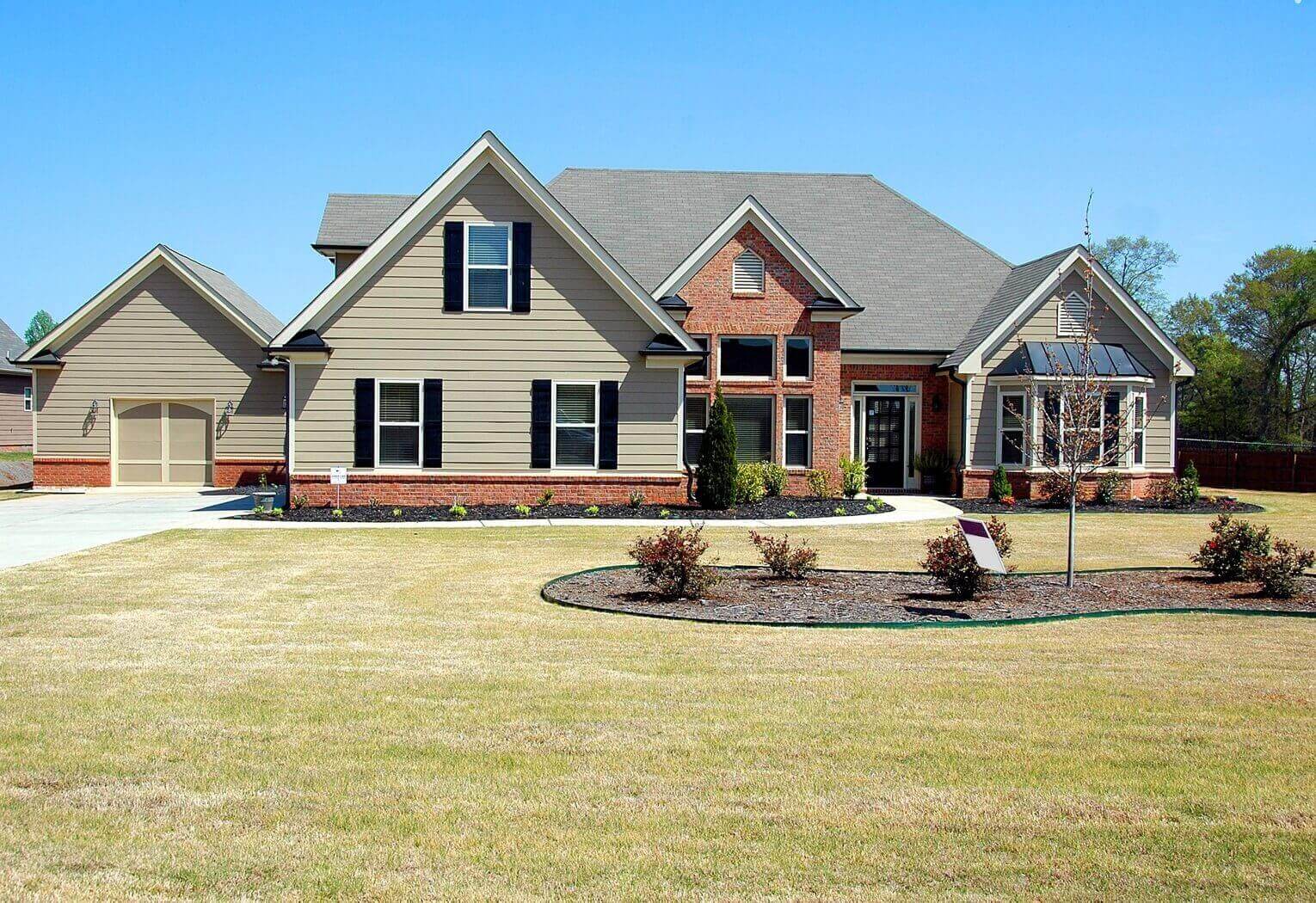 Dream House
Dream House
Navigating mortgage rates can be challenging, especially in today’s dynamic housing market. Securing the best mortgage rate can save you thousands of dollars over the life of your loan, which is why it’s crucial to understand the factors that affect rates and what you can do to secure a favorable deal. Whether you are a first-time homebuyer or looking to refinance, this guide will help you understand mortgage rates and how to get the best deal possible.
What Are Mortgage Rates?
Mortgage rates refer to the interest charged by lenders on a home loan. They can be either fixed or adjustable. A fixed mortgage rate stays the same throughout the life of the loan, providing predictable monthly payments. On the other hand, an adjustable-rate mortgage (ARM) has a rate that fluctuates over time, which can initially be lower but may increase based on market conditions.
Keywords Targeted: mortgage rates, fixed mortgage rate, adjustable-rate mortgage, interest rates, home loan
Factors That Affect Mortgage Rates
Several factors can influence the mortgage rate you qualify for:
- Credit Score: Your credit score is one of the most significant factors affecting your mortgage rate. Higher scores indicate lower risk to lenders, often resulting in better rates.
- Loan Type: Different types of loans come with different rates. Government-backed loans like FHA or VA loans may offer more competitive rates compared to conventional loans.
- Down Payment: The size of your down payment can affect your mortgage rate. Typically, a larger down payment can help you secure a lower rate.
- Market Conditions: Interest rates are influenced by economic factors such as inflation, the Federal Reserve’s policies, and overall demand in the housing market.
Keywords Targeted: factors affecting mortgage rates, credit score, down payment, interest rates, FHA loan, VA loan
Fixed vs. Adjustable Mortgage Rates
When considering mortgage rates, you have the choice between fixed and adjustable rates. Fixed mortgage rates are ideal if you plan to stay in your home long-term and prefer the stability of a consistent payment. Adjustable-rate mortgages (ARMs) are generally lower in the beginning and may be suitable if you plan to sell or refinance before the rate adjusts.
Keywords Targeted: fixed mortgage rates, adjustable-rate mortgage, ARM, refinance, best mortgage deal
Tips for Getting the Best Mortgage Rate
1. Improve Your Credit Score
A high credit score can make a significant difference in the rate you receive. Before applying for a mortgage, check your credit report and take steps to improve your score, such as paying down credit card balances and correcting any errors on your credit report.
Keywords Targeted: improve credit score, best mortgage rate, credit report, credit card balance
2. Compare Rates from Multiple Lenders
Different lenders may offer different rates, even for the same borrower. It’s essential to shop around and get quotes from at least three to five lenders. This can include traditional banks, online lenders, and credit unions. Mortgage comparison websites can also be helpful in finding the best rate.
Keywords Targeted: compare mortgage rates, shop around, multiple lenders, mortgage comparison websites
3. Lock in Your Rate
When you find a favorable rate, consider locking it in. Mortgage rate locks can protect you from potential increases while your loan is processed. Rate locks typically last for 30 to 60 days, but some lenders offer longer options.
Keywords Targeted: lock in mortgage rate, rate lock, protect from rate increases
4. Consider the Loan Term
The term of your mortgage can also impact the rate. Shorter-term loans, such as 15-year mortgages, often come with lower interest rates compared to 30-year loans. While monthly payments will be higher with a shorter-term loan, you will save on interest over the life of the loan.
Keywords Targeted: loan term, 15-year mortgage, 30-year mortgage, interest rates
5. Make a Larger Down Payment
A larger down payment often translates to a lower mortgage rate because it reduces the lender’s risk. If possible, aim for at least 20% down, as this can also help you avoid private mortgage insurance (PMI).
Keywords Targeted: larger down payment, private mortgage insurance, PMI, lower mortgage rate
Understanding Mortgage Points
Mortgage points, also known as discount points, allow you to pay upfront to reduce your interest rate. Each point typically costs 1% of the loan amount and can lower your interest rate by about 0.25%. If you plan to stay in your home for a long time, buying points can be a good way to save on interest in the long run.
Keywords Targeted: mortgage points, discount points, reduce interest rate, save on interest
Refinancing to Get a Better Rate
If you already have a mortgage but want to take advantage of lower rates, refinancing could be a smart move. Refinancing involves replacing your current mortgage with a new one, ideally with a lower interest rate or better terms. Keep in mind that refinancing comes with closing costs, so you need to consider whether the potential savings outweigh these costs.
Keywords Targeted: refinancing, lower interest rate, better mortgage terms, closing costs
Conclusion
Understanding mortgage rates and how to secure the best deal requires a combination of financial preparedness, research, and timing. By improving your credit score, comparing rates, and choosing the right loan type, you can find the best mortgage rate available in today’s market. Whether you are buying your first home or refinancing, being informed about the factors affecting mortgage rates will help you make smarter financial decisions.
Ready to take the next step? Start by checking your credit score, exploring different loan options, and comparing rates to get the best deal possible.

Comments
cannabis
Posted on 24 November 2025cbd and thc products online for balance and wellness
ma777app
Posted on 06 February 2026Just downloaded the ma777app, it’s got lots of decent features. It’s pretty easy to use and straight-forward. Worth the check! Have a look: ma777app